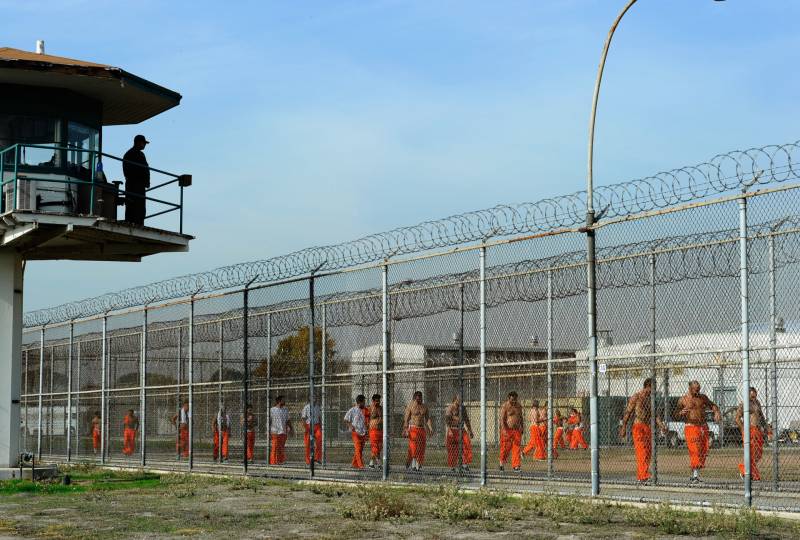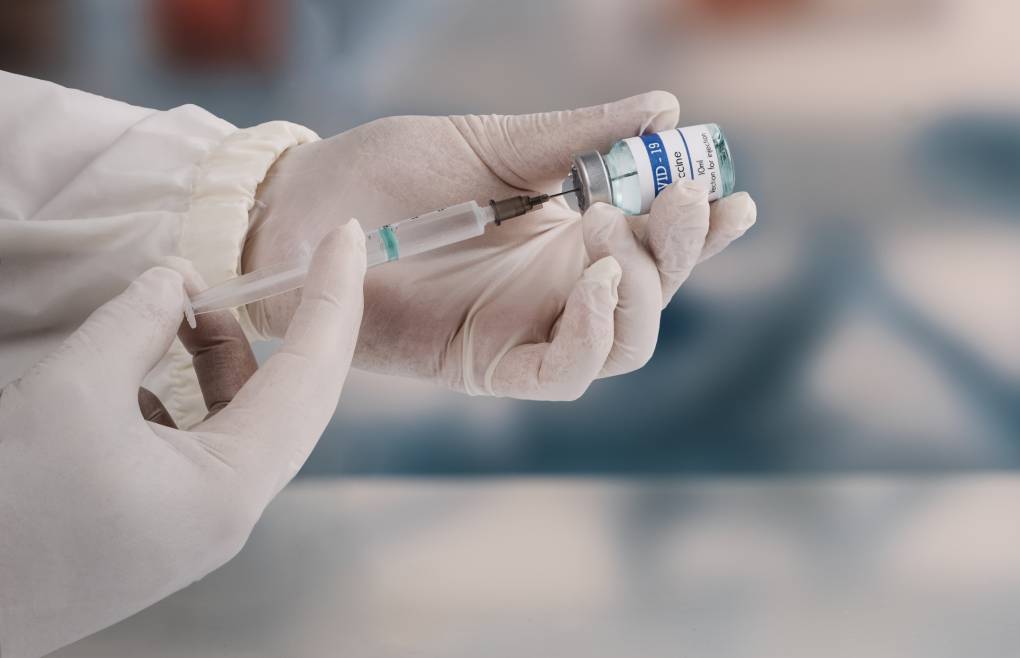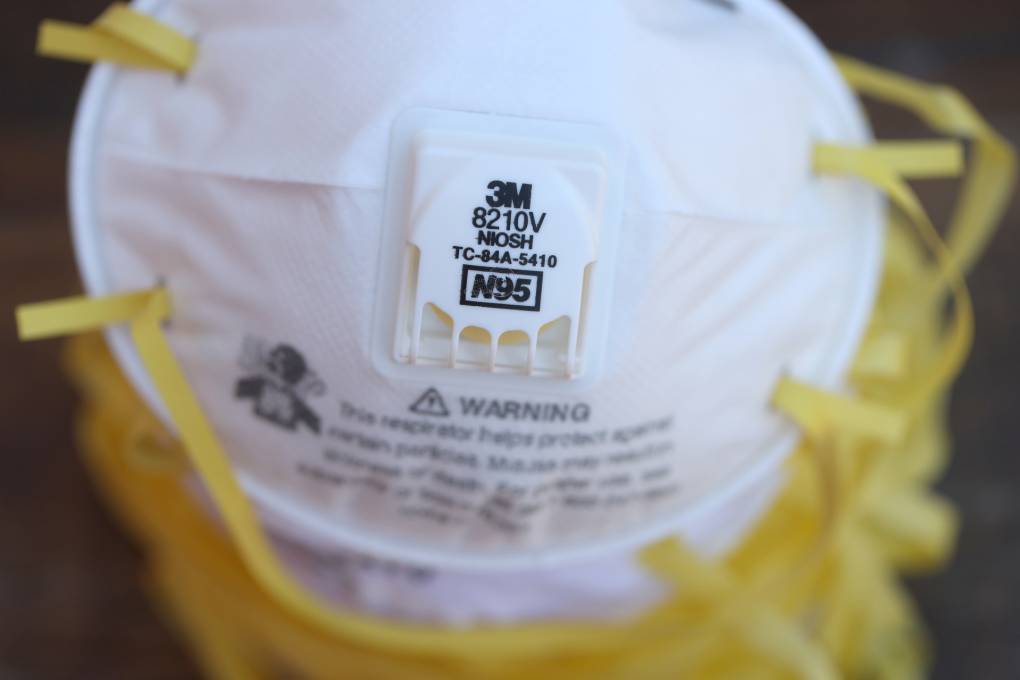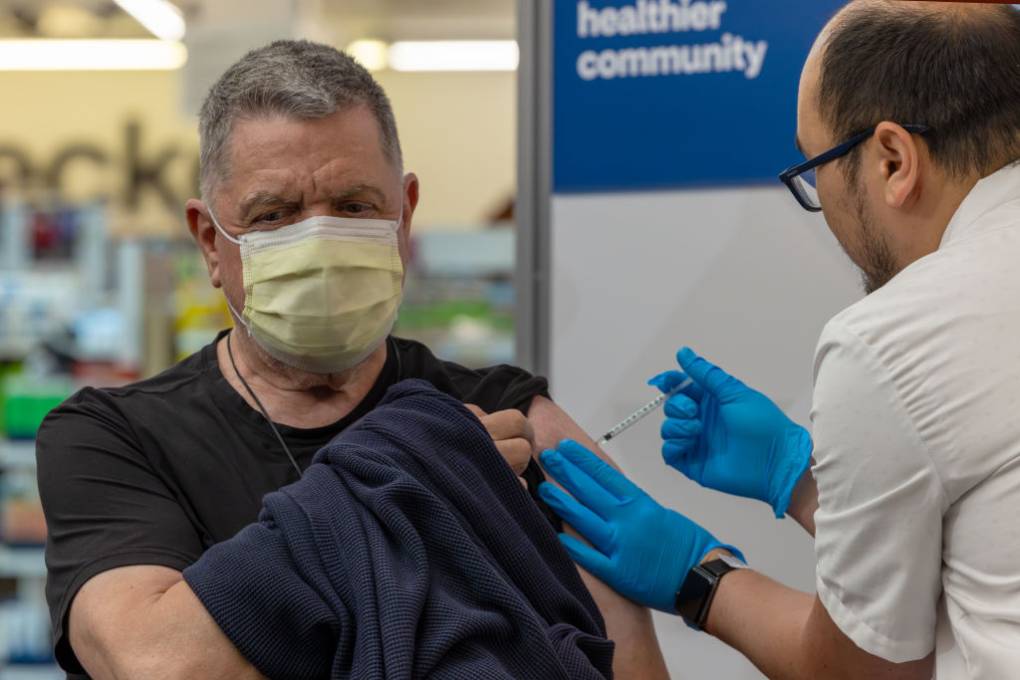By the end of today, the state will have released 3,500 nonviolent offenders early from state prison, and local jails have already let thousands more low-level inmates go — but advocates for prisoners are worried that those coming home amid a global pandemic won’t have the tools to succeed and stay healthy.
Prison officials announced on March 31 they would release 3,500 prisoners, most of whom were within 60 days of their release date or had already been granted parole by the state. As of last week, 2,000 inmates had been released from state prisons; a spokeswoman said the remaining 1,500 will be let out by the end of today.
At the local level, many sheriffs have been releasing some low-level inmates on their own. Additionally, the state Judicial Council on April 6 set new rules setting bail at zero for misdemeanors and low-level felonies, further reducing the number of people in jails.
While advocates for offenders are cheering the releases, they are also worried about what will meet these men and women at home. Will they have a safe place to live, a way to make ends meet, or access to mental health or substance abuse services?
"Independent of the COVID pandemic, successful reentry has not been the centerpiece of our criminal justice system," said Lenore Anderson, founder and president of Californians for Safety and Justice, which advocates spending less on prisons and more on community programs.



